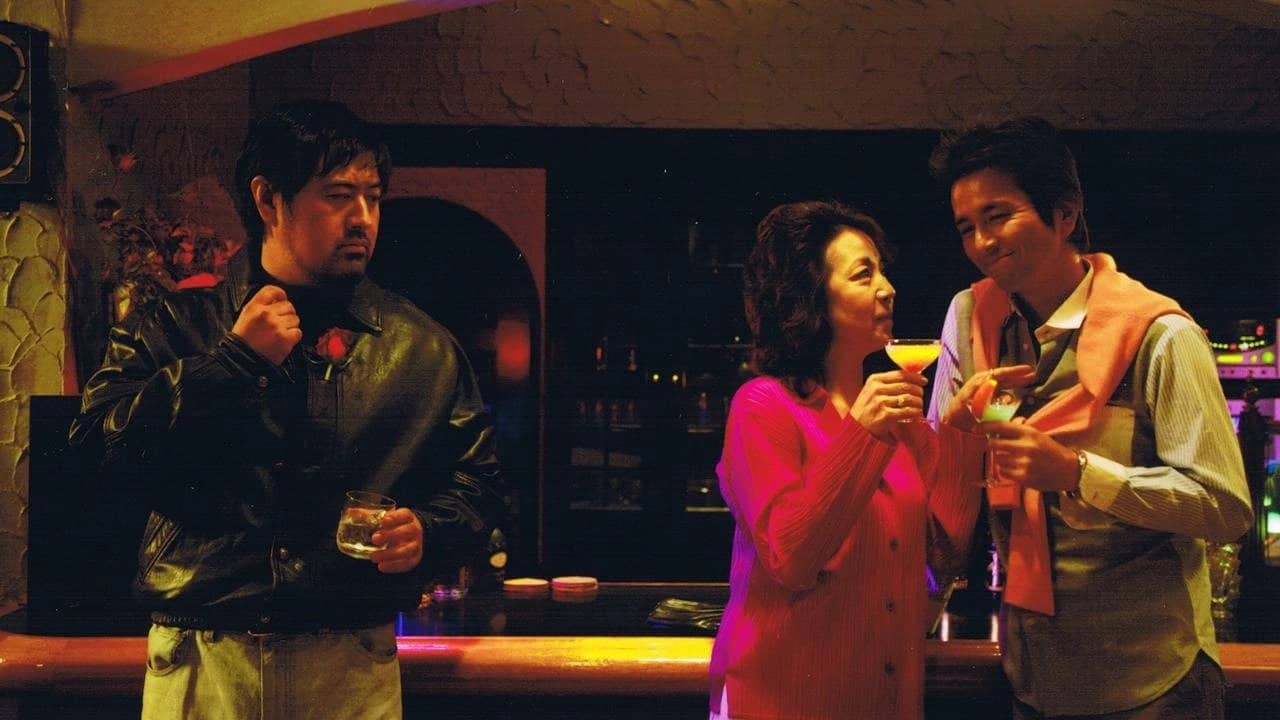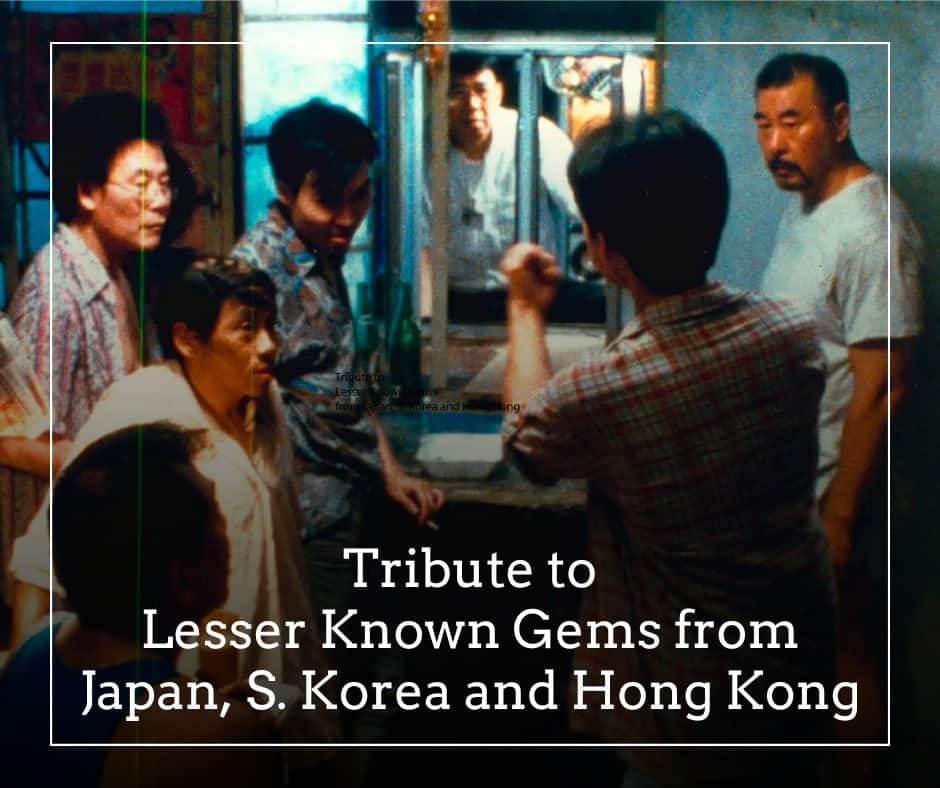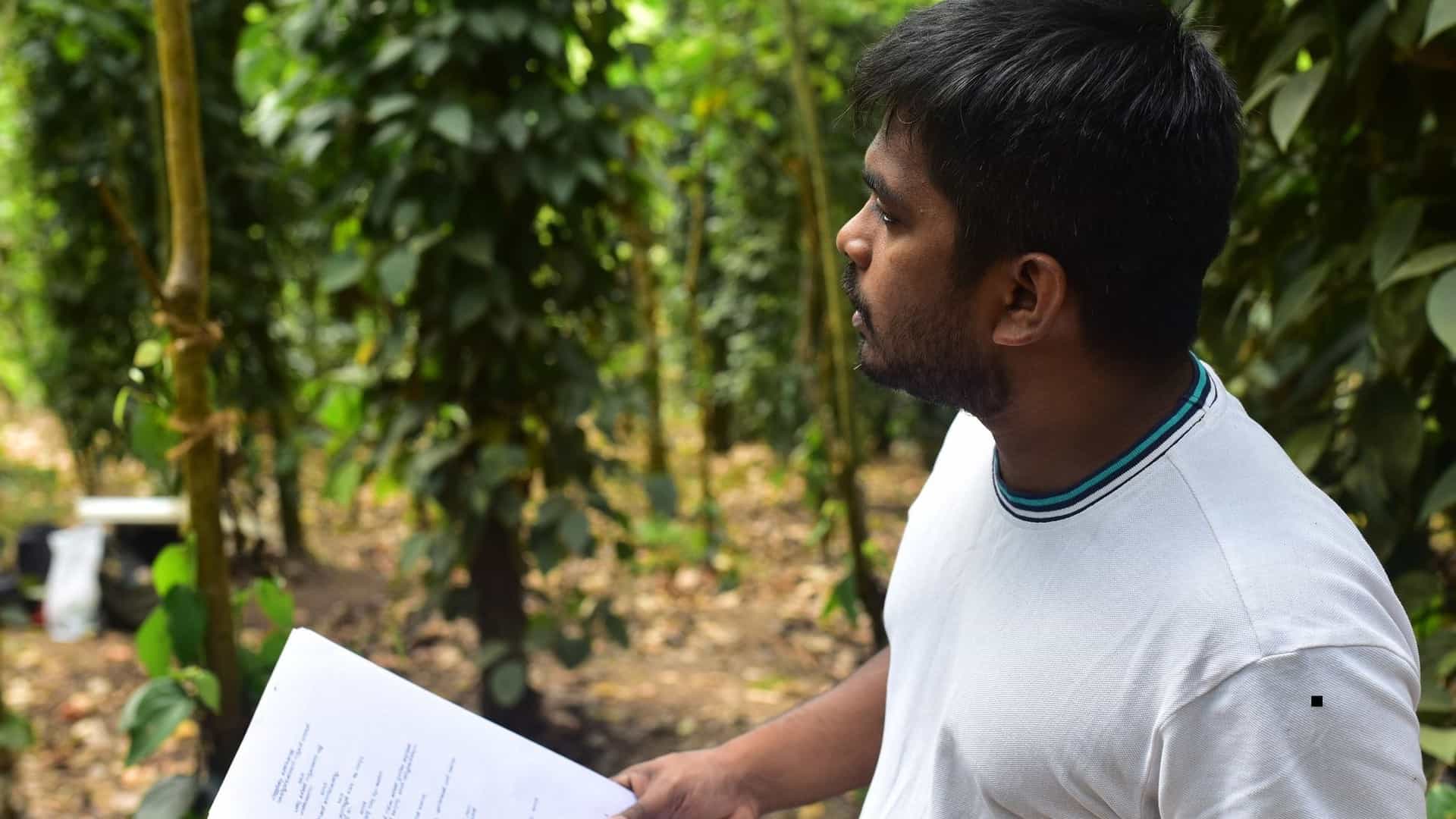Despite the efforts of festivals around the world, releasing and distribution companies, and streaming channels, which have gotten rather more intense during the last few years, the majority of titles produced in Japan, S. Korea and Hong Kong, which number hundreds every year (Hong Kong not now, but definitely in the past) remain unknown, particularly to the Western audience. As such, we decided to focus on this type of films exactly for our September tribute. And to be totally sincere, not all will be gems, just definitely lesser known.
The Dark Harbour (2009) by Takatsugu Naito

Takatsugu Naito directs a film that seem to incorporate all the elements of the Japanese indie and the “middle film”: bittersweet story filled with quirkiness, slow pace without any particular exaltation and laconic acting. His effort, in combination with Kiyoaki Hashimoto's cinematography result in a highly realistic movie that highlights both life in the remote, small Japanese towns and the impact loneliness can have on a person. The slow pace, as implemented by Shinichi Fusima's editing mirrors both these aspects in the best way (Panos Kotzathanasis)
Cageman (1992) by Jacob Cheung

Another comment present is the institutionalism resulting from living many years in such a place, with Cheung presenting a number of the inhabitants, but mostly Fatso as completely out of their depth when they roam in the outside world. The language issues also gets is share, when one of the tenants mentions to the newcomer Mao, “we speak Cantonese here”. Lastly, the failure of democracy (its distortion one could also say) due to machinations and misguidance from a number of people also gets its share of criticism.
National Security (2012) by Chung Ji-young

Chung Ji-young directs a cruel film, which takes place almost exclusively in a claustrophobic environment that consists of a cell and a torture room. He pulls no punches in the depiction of the various tortures, thus resulting in a truly grotesque spectacle. In that aspect, he is largely assisted by the detailed and realistic cinematography of Seo Min-soo, which at times, results in a spectacle that touches the borders of the documentary. Furthermore, he focuses on the psychosynthesis of the torturers, in a rare tactic for characters like that. As he had stated, “I wanted to show how torture affects both the torturer and the victim.”
Tokyo Playboy Club (2011) by Yosuke Okuda

Yosuke Okuda seems to try to present life in the sex industry, as a world where sex, violence, organized crime, and a lot of lowlives and misfits inhabit. However, apart from some moments depicting the fact that the women working have no say in anything that happens to them, there is not much commentary here, with the movie ending up a series of episodes that only worsen the situation of the protagonists, none of which is particularly likable. Furthermore, the episodes themselves seem completely disconnected from each other and the narrative as a whole, with the exception that they happen in the same area. There is no reason why Katsutoshi receives so much help from Seikichi, apart from a brief mention of a past favor, neither Takahiro's reaction when he learns about Eriko's pregnancy, not to mention how he eventually changes his attitude, emerging as a true bastard.















